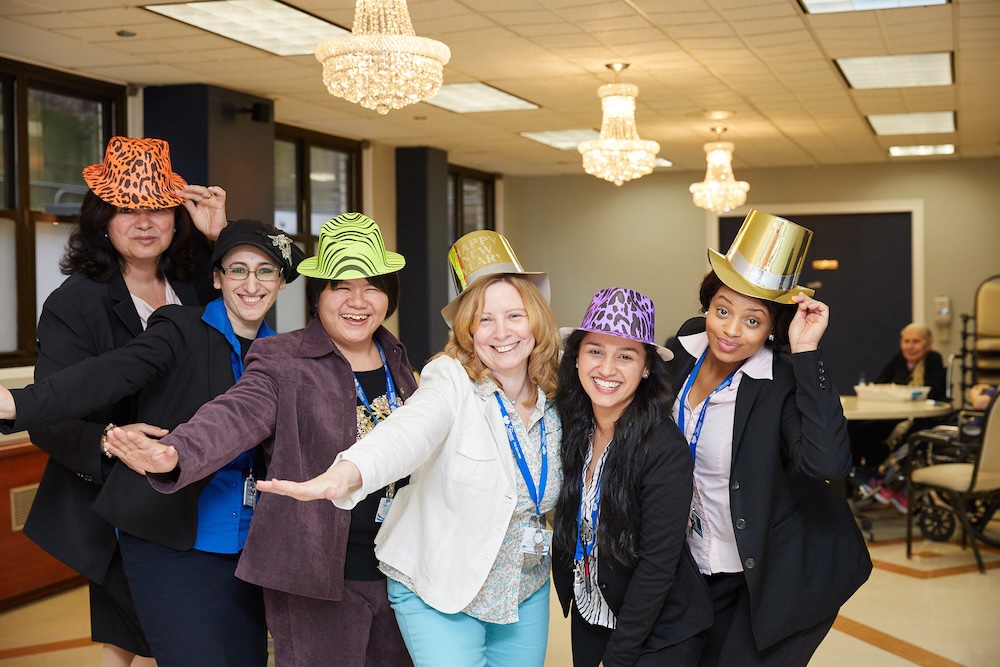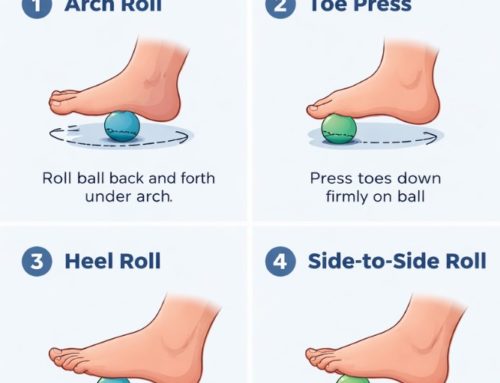Fun Is More Important for Mental Health Than You Think
We don’t choose our pastimes or hobbies because they’re boring. We pick them because they’re enjoyable enough to spend time on them. Of course, fun activities also offer a boost to mental health by increasing socialization and positivity. Such improvements are beneficial when dealing with everyday strains, especially when fighting disease or chronic conditions.
Though enjoyable activities can keep you busy and entertained at home or outdoors, they also serve a therapeutic purpose. Recreational therapeutic activities are often used to address mental or emotional concerns, as well as to improve motor function in people with physical conditions. That’s why they play an important role in rehabilitation, which may include options like arts and crafts, games, music, dance, and community events. To learn more about the health benefits of fun activities, keep reading.

Fun Activities and Mental Health
According to recent studies, people with hobbies are happier and healthier than those without them. Their high spirits and satisfaction with life were higher, with fewer mental health concerns. These benefits result from the relaxation, stimulation, engagement, and creativity experienced with many enjoyable activities. Of course, there are other rewards for adding fun pastimes to your routine, which we’ll discuss below.
Let’s look at how these activities benefit mental health:
Fun induces a genuine smile
Experts state that smiling releases hormones and endorphins that boost your mood while reducing stress and pain. Smiling is also believed to improve your relationships and increase productivity. Evidence even shows that it may increase your lifespan by reducing the risk of infection and cancer.
Of course, the smile needs to be genuine to have these effects. Forced smiles do nothing for our well-being and could lead to alcohol abuse and other poor lifestyle choices. Adding fun activities to your routine counters these issues and boosts mental health. You can try biking, gardening, camping, playing games, or anything else you enjoy to induce those happy smiles.
It builds friendships and social connections
Several factors contribute to isolation, including chronic diseases, the loss of loved ones, financial strains, and mental health concerns. The more time you spend alone, the harder it becomes to rejoin old friendships or make new ones. And finding ways to engage with those around you isn’t always an easy task.
Most people believe play is something for kids, but it also offers rewards for those who’ve surpassed childhood. Fun activities benefit mental health by improving communication, cooperation, and teamwork. You’ll relearn how to trust old friends again, healing past differences or conflicts. Joining group activities also allows you to connect with those with similar interests, letting you build new friendships.
It keeps you busy with positivity
It isn’t always easy to stay positive when dealing with work issues, financial concerns, health problems, or familial conflicts. The more negativity we’re feeling, the lower our incentive to find something to counter it becomes. We also tend to engage in detrimental behavior, such as drinking, smoking, unhealthy eating habits, and physical inactivity.
Participating in fun activities is a popular way to boost positivity and maintain physical and mental health. Studies show recreational interests restore positive emotions and state of mind. The participants felt relaxed, refreshed, and able to cope with stress during and after these entertaining pastimes. They also displayed increased life satisfaction, allowing them to stay engaged with their regular activities and those around them.
Resources:
- Harvard Health Publishing, Jan. 1, 2024, Having a hobby tied to happiness and well-being
https://www.health.harvard.edu/mind-and-mood/having-a-hobby-tied-to-happiness-and-well-being - UWA Online, June 6, 2019, Psychology To Grin About: The Benefits Of Smiling And Laughter
https://online.uwa.edu/news/benefits-of-smiling-and-laughter/ - Walden University, The Power of Smiling
https://www.waldenu.edu/online-bachelors-programs/bs-in-psychology/resource/the-power-of-smiling - NCBI, Risk and Protection Factor for Social Isolation
https://www.ncbi.nlm.nih.gov/books/NBK557971/ - Help Guide, The Benefits of Play for Adults
https://www.helpguide.org/mental-health/wellbeing/benefits-of-play-for-adults - PubMed Central, July 2010, Association of Enjoyable Leisure Activities With Psychological and Physical Well-being
https://pmc.ncbi.nlm.nih.gov/articles/PMC2863117/
This article contains informational and educational materials and does not replace health or medical advice. For questions or concerns regarding your medical condition or health objectives, speak to a qualified physician or healthcare provider.






Leave A Comment